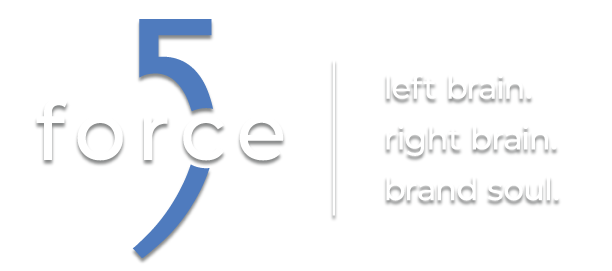I was listening to a TED talk yesterday from Eli Pariser, who just wrote the book “The Filter Bubble”.In his talk, he tells of the personalization taking place on the web. Everything is filtered before it gets to us. I have an interest in sailing, and listed that on my facebook. And lo and behold, I see ads and articles on Sailing. Google Ad words looks at blogs, and then show ads linked to key words found in the article.
In fact, Google uses 57 different criteria to filter content to you. This might include your location, you age, gender, and whatever else they know about you.
Is personalization a good thing? In most cases, sure. I don’t mind seeing ads on sailing, but what am I missing? Eli’s premise is that you start to see only your filter—a filter that’s not necessarily controlled by you. So if I’m conservative, I may not see liberal points of view. If I like dogs, I might not see cats…Get the picture?
Some argue that most people lack the time, motivation and self-knowledge to customize their filter, if they are given the chance. But others think that automatic personalization severely limits the power of the net to stretch our minds.
Do you want to see opposing views on a subject? Do you want to see challenging and contrary viewpoints? Is your filter relevant, important, uncomfortable, challenging, other points of view? Again, as we’ve noted in previous blogs, its all about data mining.
As a brand development and marketing communications firm, Force 5 is always interested in metrics. We want to know if our target audience for any given product or service is seeing (and responding to) our message. But has data mining and filtering gone too far—limiting our selections, making a “web of one”—instead of a “web of many”? What do you think?




